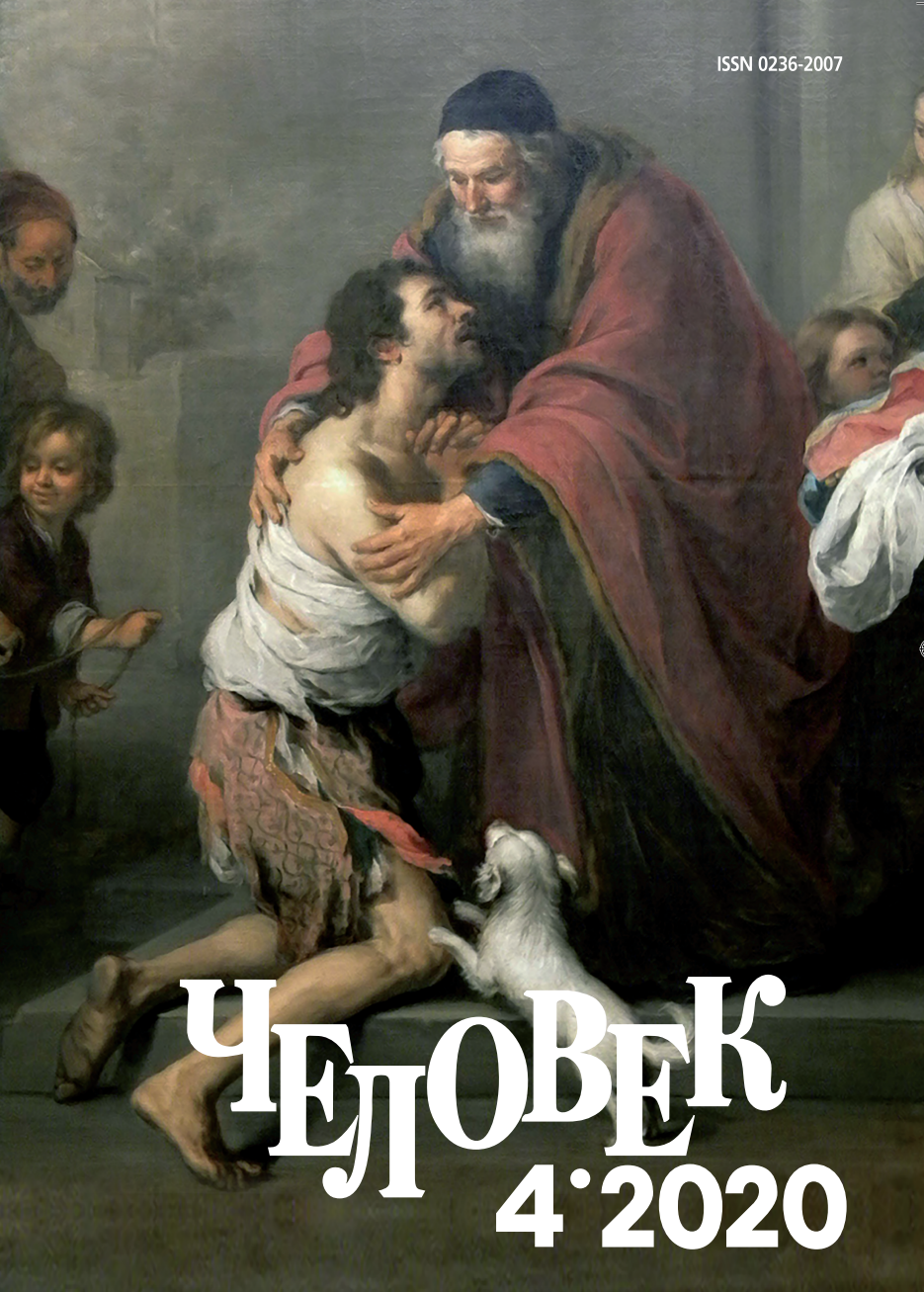Delirium and Psychoses: The Forms of Madness or the Mechanism of Culture?
Dialogue-2 between a Psychiatrist and a Philosopher
DOI:
https://doi.org/10.31857/S023620070010932-2Keywords:
delirium, schizophrenia, hallucinations, myth, culture, consciousnessAbstract
We put the question: what are the real limits separating the thought of a madman from what one call “norm”? In spite of a huge number of publications on this subject the problem remains unsolved: in attempting to describe the limits of the normal we realize that we donʼt understand indeed the very subject of our description. Either this “norm” turns out to be something ordinary and boring, or this concept itself becomes meaningless. Can one call “normal”, i.e. not delusional, an ecstatic state? Or can we call “normal” maximum exertion during a creative process as well as the state of anxiety, fear or, for example, a narcotic trip? It is impossible to deny the fact that nearly all the world culture has been made by the people in such altered states of consciousness that, following common sense, donʼt fall into the category of the normal. Does it actually mean that all the world culture, or at least its most interesting part, is closer to madness than to norm? In this paper we attempt to look at delirium, one of the most often-happening and also enigmatic forms of madness, not just as a product of delirious consciousness but rather as a code. One can break this code if to treat delirium as a kind of interface displaying mental and linguistic data not censored by consciousness. We donʼt consider delirium as uniquely a phenomenon of the unconscious but rather as “illegal product” appearing as a result of mythological, historical and ideological practices exerting influence on the human during his or her life. Delirium is a narrative devoid of logic but not of sense.






